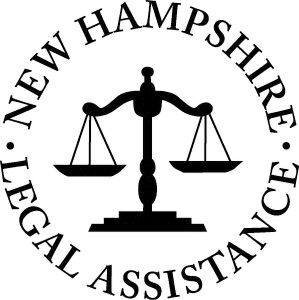All About Fair Housing Testing
One of the most effective ways to expose the existence and extent of housing discrimination is through fair housing testing. Here at the Fair Housing Project, we have a comprehensive testing program to identify and root out unlawful housing discrimination, as well as to evaluate reported discrimination claims.
To provide a bit of history, in 1991, the Civil Rights Division of the U.S. Department of Justice established the Fair Housing Testing Program within the Housing and Civil Enforcement Section. Testing refers to the use of individuals who pose as prospective renters or borrowers for the purpose of gathering information about whether the landlords, property management companies, lenders, and others are complying with federal law. It is a simulation of a housing transaction for the purpose of comparing the responses received by home seekers in protected and unprotected classes to determine if discrimination is occurring. These testers work with the Fair Housing Project to investigate whether landlords or others in the business treat those who have the same qualifications differently because of their race, gender identity, familial status, disability, or other protected characteristic.
According to a memorandum issued by the Office of Fair Housing and Equal Opportunity (FHEO) at the U.S. Department of Housing and Urban Development, fair housing testing is a vital tool for uncovering hidden occurrences of housing discrimination. We at the Fair Housing Project have found testing to be critical in combatting housing discrimination. Instead of limiting the information about a housing provider’s or lender’s actions to a single transaction, fair housing testing allows us to conduct an investigation on their actions in multiple transactions with people who match the characteristics of the various protected classes. Testing helps to expose these abuses.
The FHEO has approved a full list of Fair Housing Initiative Program (FHIP) testing projects identifying discrimination that is in violation of the Fair Housing Act. We are approved by the FHEO as a Private Enforcement Initiative Program. As an example of the testing we have conducted, we have used testing to help obtain relief for and support claims by a prospective tenant who was denied housing in a particular building because she had children. The landlord had a policy restricting families with young children to first-floor units only. The settlement agreement required the landlord to pay $25,000, undergo fair housing training, draft a new non-discrimination policy, and provide annual reports to the Department of Justice.
Testing is an essential component in the fight against housing discrimination and can be used where someone suspects discrimination has occurred or conducted as a precaution in places where discrimination may be occurring. If you suspect you’ve been discriminated against due to your race, color, or another protected characteristic, NHLA’s Fair Housing Project can answer your questions and may be able to provide representation. To learn more, go to fairhousing-nh.org or call 1-800-921-1115.

